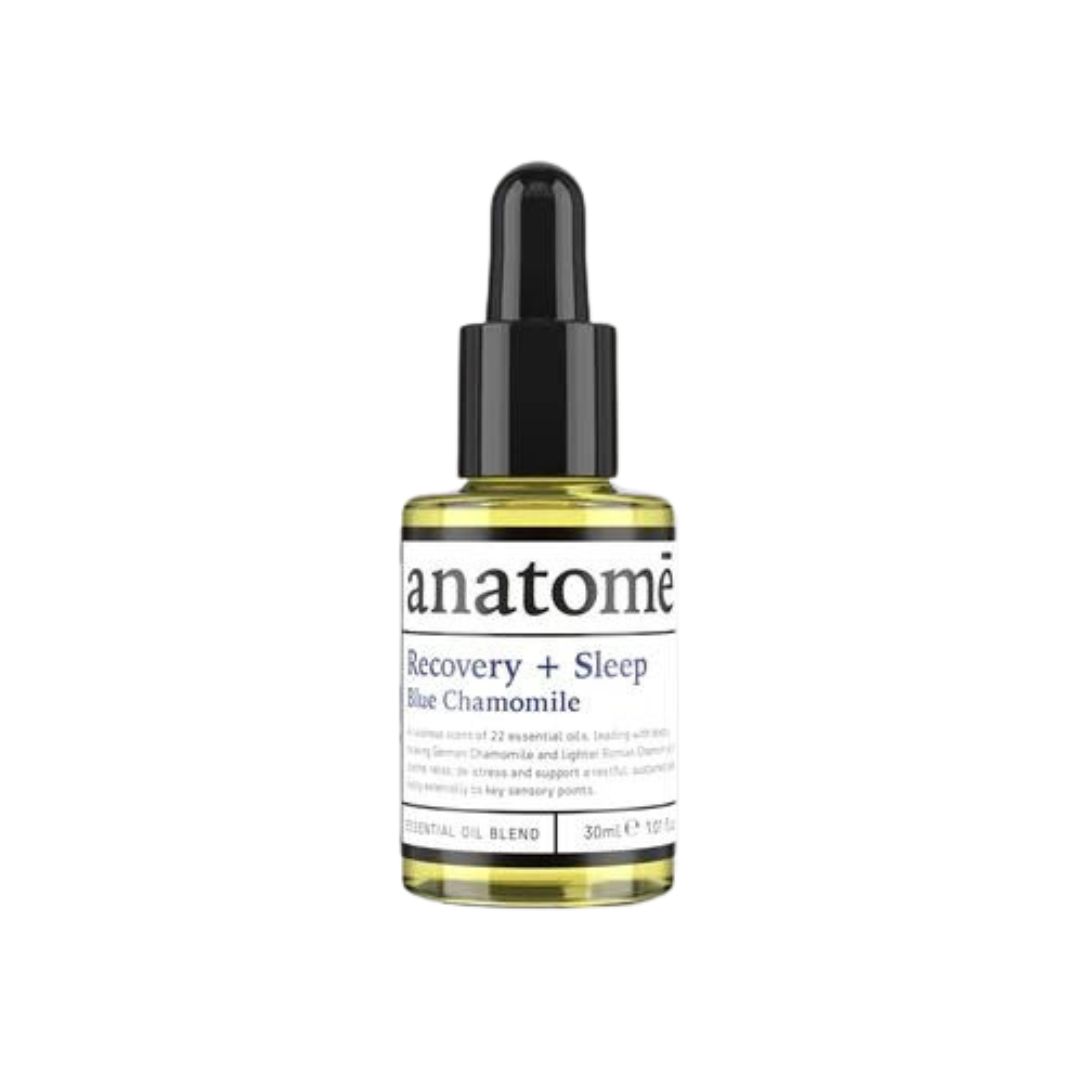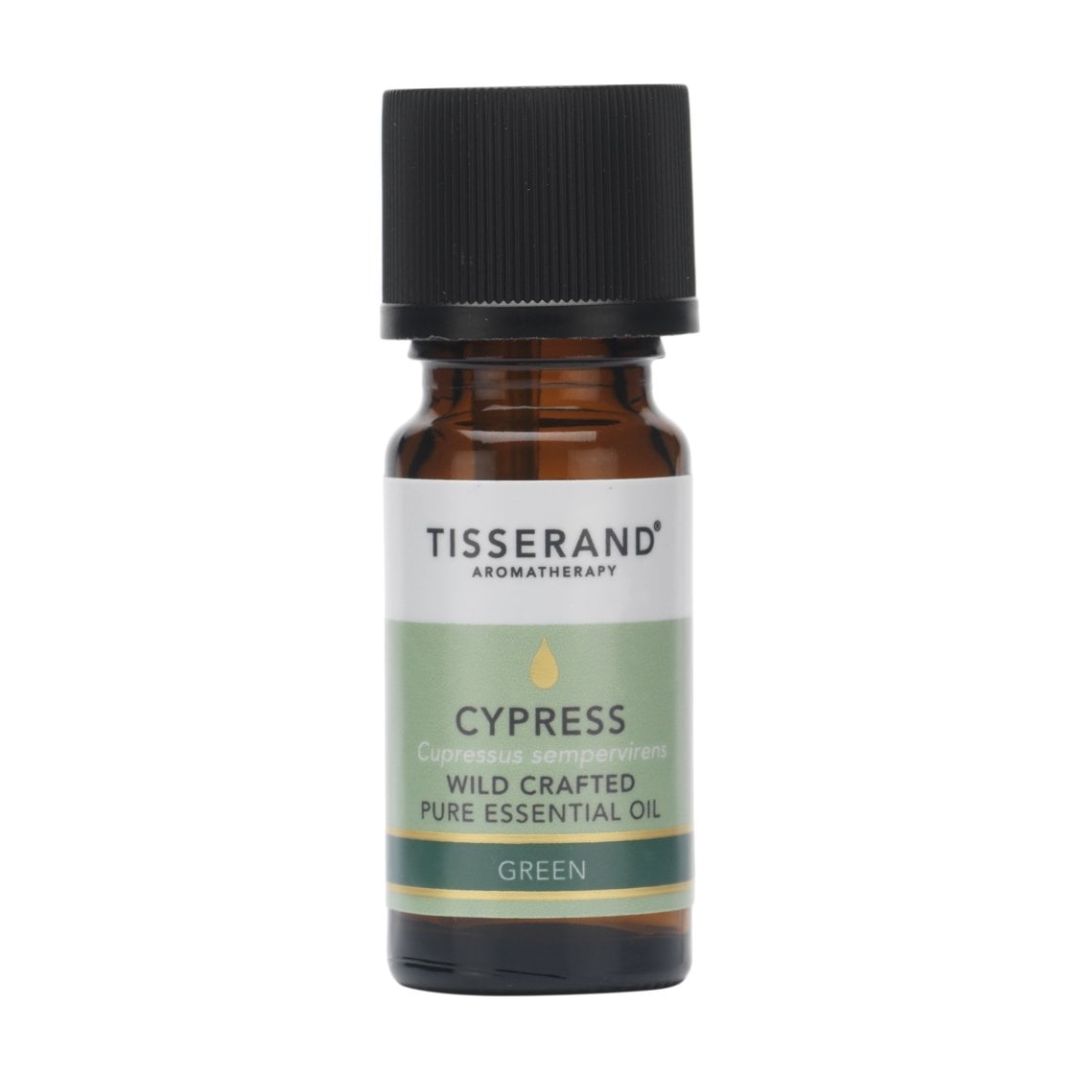An expert guide to essential oils for stress, sleep and more, plus whether they actually work
Feeling stressed or looking to boost your self care routine? Enter stage right, essential oils

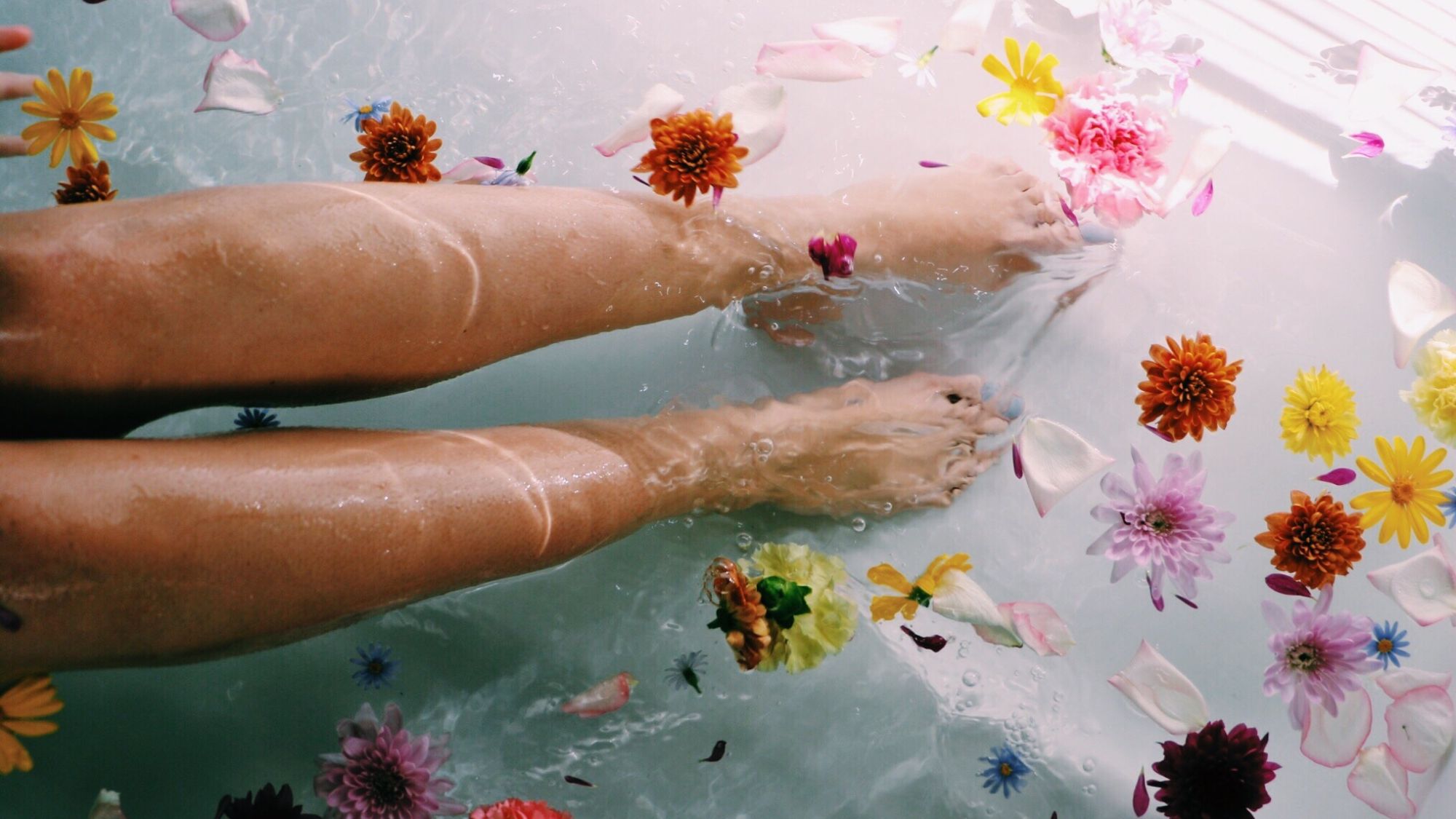
- What are essential oils?
- How do essential oils work?
- How do you use essential oils?
- Best lavender essential oil
- Best chamomile essential oil
- Best Ylang Ylang essential oil
- Best Frankincense essential oil
- Best clary sage essential oil
- Best bergamot essential oil
- Best lemongrass essential oil
- Best Cypress essential oil
- Best essential oil diffuser
Here at Marie Claire UK, we're big fans of essential oils for stress, never without a peppermint or bergamot oil on our desks or in our bags. While they're essentially just plant extracts, research has found that they have the potential to both boost mood and relieve tension.
While the studies are promising - one John Hopkins paper concluded that some essential oils can kill one type of Lyme bacteria - it's important to point out that results in human trials are mixed and they haven't conclusively been found to be effective as of yet. Rather, the science indicates that they can be beneficial in promoting relaxation, easing tension and more - and, of course, they smell incredible.
Meghan Markle and Miranda Kerr are reportedly fans of a good essential oil and we're not surprised - in a perpetually stressful world, knowing the signs of stress and how to combat them is key.
Stats do the talking, really: one in five of us across the country feel as though our mental health and wellbeing have declined in the last year, according to research from Kalms. But fun fact for you: alternative therapies, such as using essential oils in your day-to-day, have been used to promote wellbeing for centuries. "The use of essential oils is an ancient practice," shares Simone Stevens, expert aromatherapist (MFHT CHNC registered), on behalf of Tisserand Aromatherapy. "There are references as far back as 4500 BC, and Ancient Egyptians using aromatic oils in cosmetics and ointments."
Using the best essential oils is one of the easier alternative therapies - all it requires is a spritz on your way out the door or a dab on your wrist to help you unwind. If you've ever attended a yoga class or spa day, you've likely had the pleasure of being introduced to an essential oil or two.
So, keep reading as our expert team of aromatherapists help explain the different essential oils, plus share their personal favourites. It goes without saying that no two essential oils are the same - each different oil and scent is used for a different purpose. Time to hand it over to the aromatherapy experts.
Don't miss our guides to the best stress apps, and how to spot when you're stress eating, plus explainers on how to manage stress and how to reduce stress, while you're here.
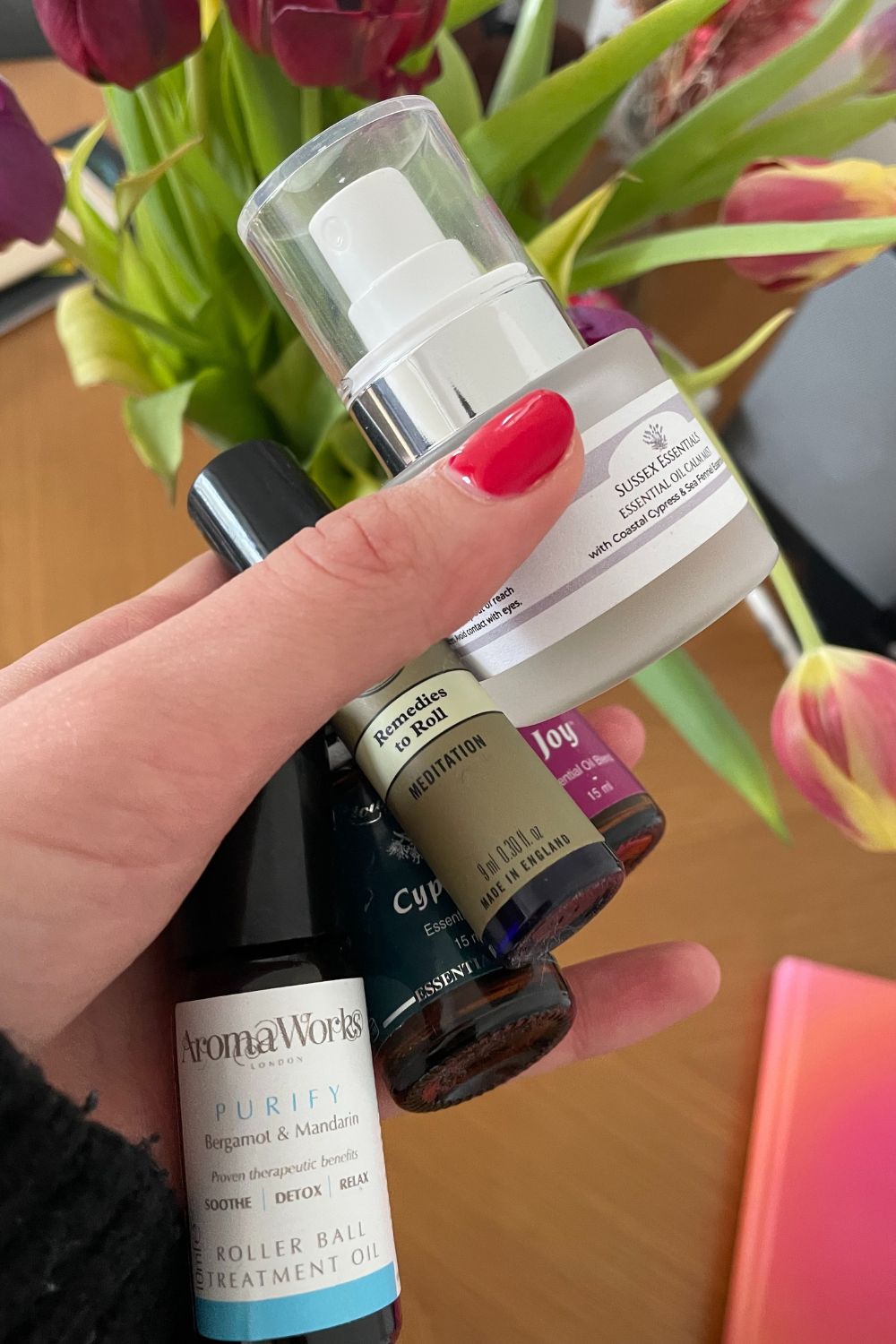
Writer Dionne Brighton testing some of the essential oils for stress in this round up
Your complete guide to the essential oils for stress, plus the expert's favourite
What are essential oils?
In short, essential oils are highly concentrated liquids extracted through distillation or manual methods like cold pressing. "Essential oils are plant essences that can be used in multiple ways to boost health and wellness," explains Tipper Lewis, naturopathic herbalist and head trainer at Neal's Yard Remedies.
"Essential oils are the oil form extracted from plants, fruits, barks, herbs, and leaves - the natural chemicals that give the plant its “essence”, its specific odour and scent. They're often described as the DNA of the plant," continues aromatherapist Simone Stevens.
So, how are they made? Simple - "by steaming or pressing the parts of a plant to capture the compounds that produce fragrance," Lewis explains.
How do they work, we hear you ask? "Essential oils work on the limbic part of the brain - the part of the brain that's responsible for our primary responses, like memory, your fight or flight response, and sexual attraction," she adds.
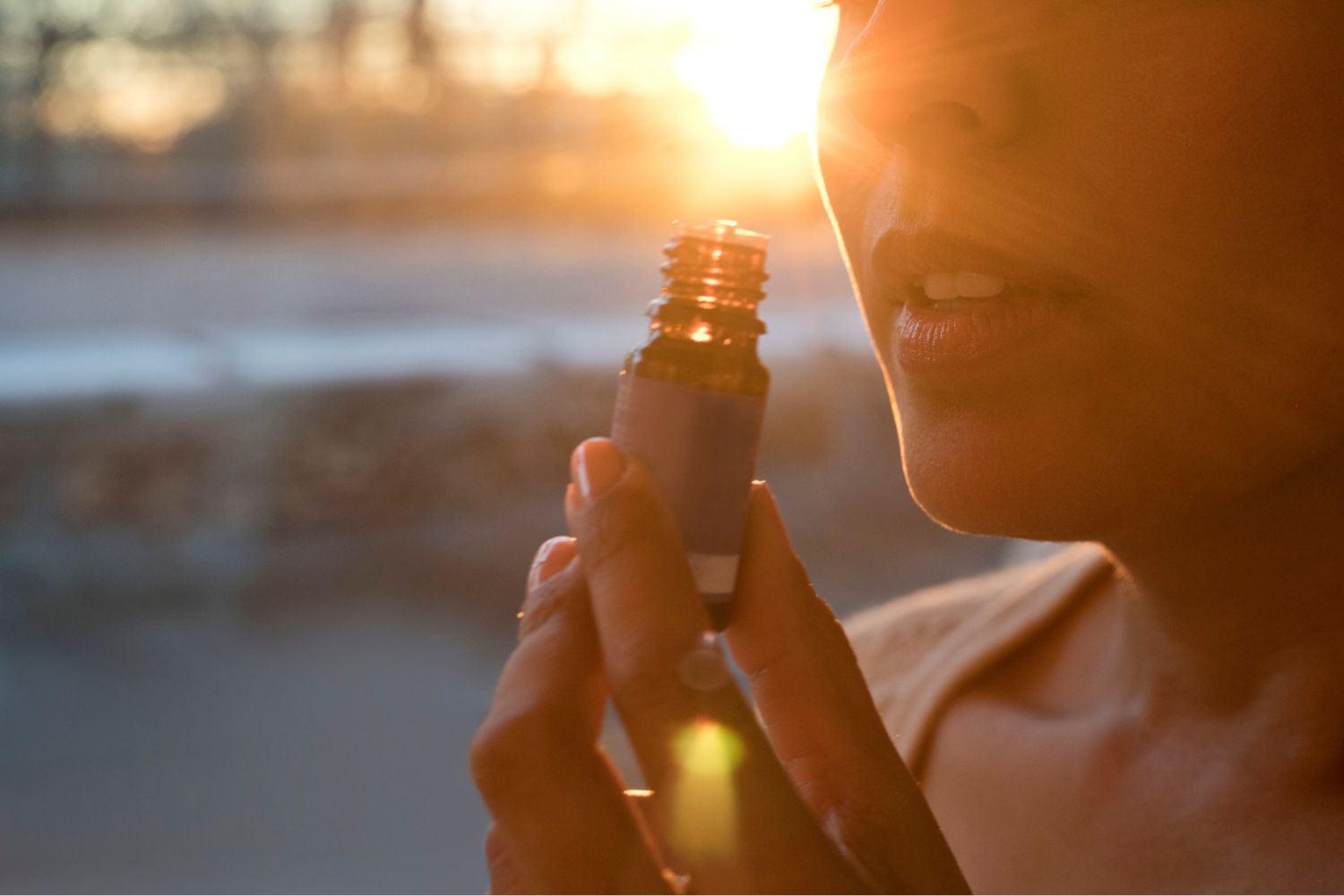
How do essential oils work?
As Stevens explains, there are a few ways in which essential oils work, but they're largely either inhaled (think spritzed in the air or on a pillow) or via topical application (rolled on your wrists).
"When inhaled, the scent molecules in essential oils travel from the olfactory nerves directly to the brain and are thought to impact the amygdala, the emotional centre of the brain," Stevens shares.
While they can be diluted and used on the skin to help with anything from acne to dehydrated skin, our experts reckon it's when you smell them that you really reap the mind-body benefits.
"Studies have shown that essential oils are absorbed by smell receptors in your nose that are linked to the limbic system – the part of the brain controlling our emotional responses," says Dr Anna Persaud, a biochemist and CEO of This Works. "This, in turn, can impact heart rate, blood pressure and the nervous system."
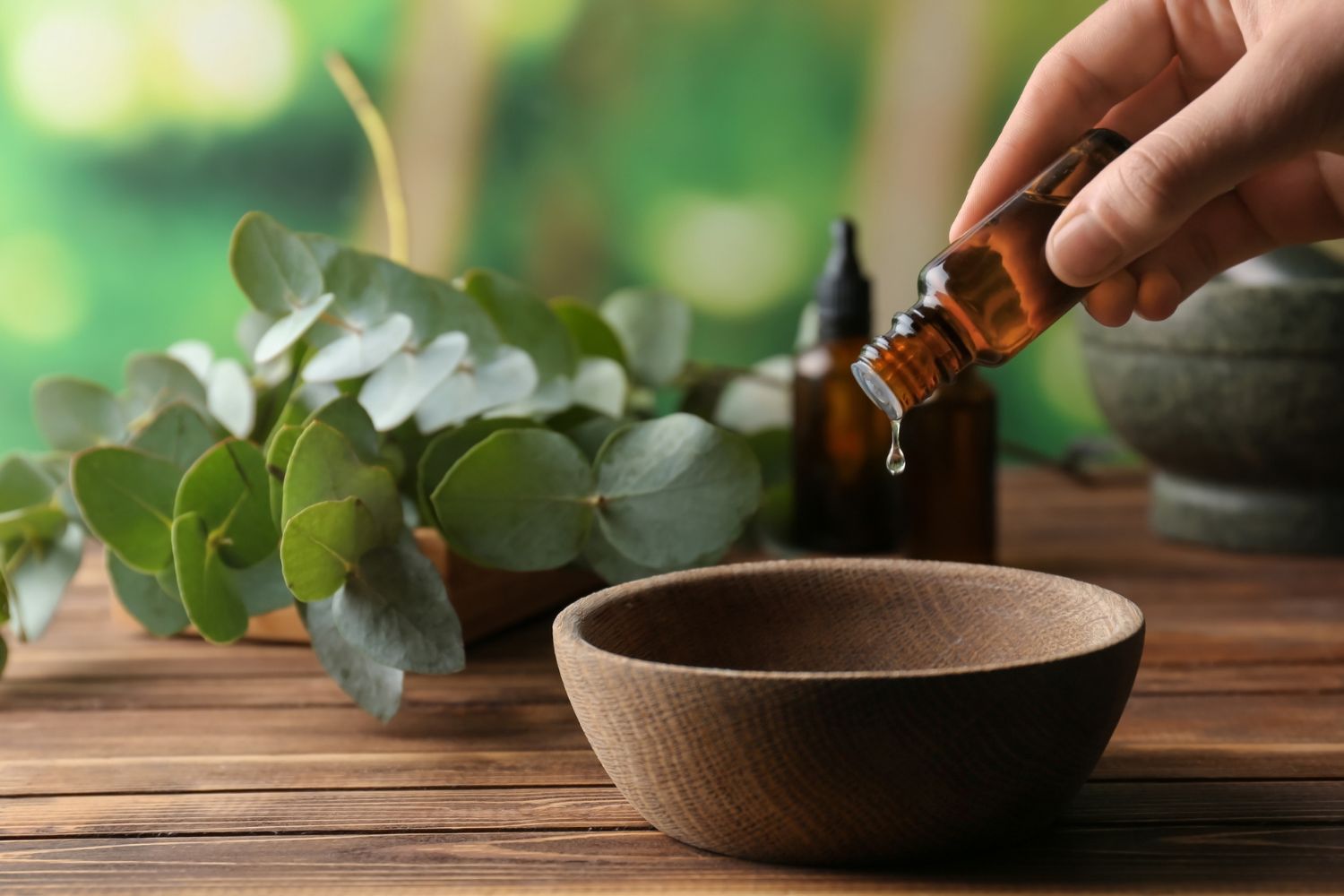
How do you use essential oils?
Despite being natural, essential oils are still potent and should be used judiciously, share our pros. A diffuser is the most common way of releasing them into the air.
"If you're looking to inhale essential oils, you can use a diffuser or candles that are made of pure essential oils," explains Stevens.
There is the option of a rollerball too - a favourite of team MC UK. "Apply the rollerball to your wrists and palms before cupping them over your face. Then, breathe deeply for five seconds," recommends Noella Gabriel, president of spa brand Elemis.
You could also try using a calming pillow mist, often a blend of flower waters, herbs and essential oils that promise to provide a better quality night's sleep. Or ""combine with oil or balm for massage" suggests Charlotte Vøhtz, founder of Green People and Alexandra Kay wellbeing.
Top tip: make sure that you always look for blends created with 100% essential oils and be cautious of vague, unregulated terms on the label like "therapeutic grade" and "fragrance oil."
8 essential oils for stress to try, according to top experts
Best lavender essential oil
Numerous studies have shown that lavender can have a physical effect by reducing blood pressure and helping the body to produce melatonin, the hormone that promotes restful sleep.
The benefits? "Well known for its calming and soothing properties Lavender essential oil is good for sleep and relaxing the mind," Stevens explains.
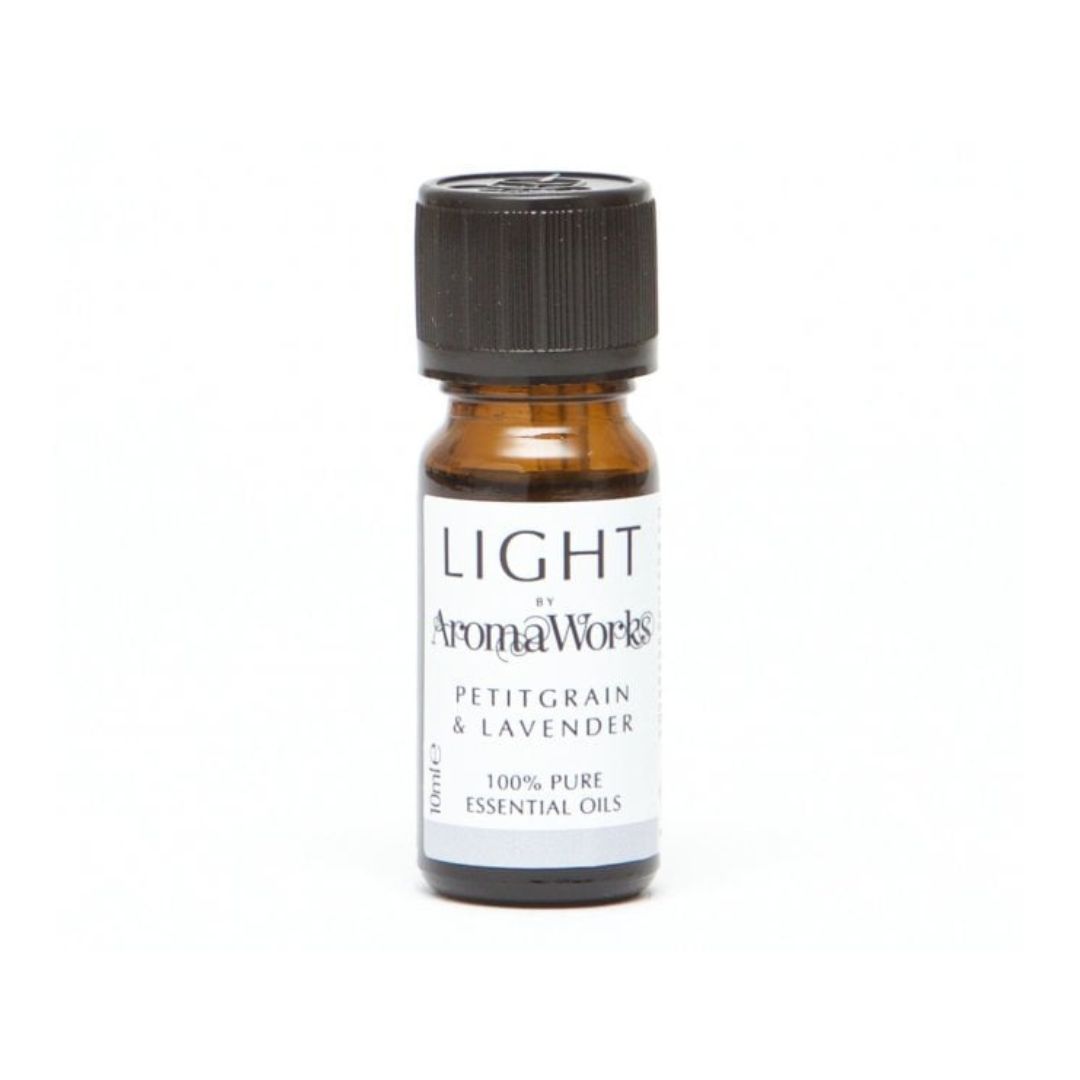
Recommended by: Professor Tim Jacob, a neurologist from the School of Biosciences at Cardiff University.
Why it's a top pick: "This purple flowering herb contains the compound linalool, which has a sedative effect. Smelling it increases alpha waves in the frontal regions of the brain, encouraging you to relax," he explains.
Best for? Boosting your sleep quality.
Best chamomile essential oil
According to the National Cancer Institute, a two-week clinical trial investigated the effects of massage with chamomile oil in people with cancer. The study found that massage with this diluted oil helped decrease anxiety and other symptoms more than massage alone.
"Chamomile essential oil is thought to be a natural sedative, so can help mitigate sleep issues and boost better quality sleep," adds Stevens.
Best Ylang Ylang essential oil
A study by Geochang Provincia College in Korea found that when this essential oil was inhaled in a blend with bergamot and lavender oil once a day for four weeks, it lowered people's stress responses, as well as their cortisol and blood pressure.
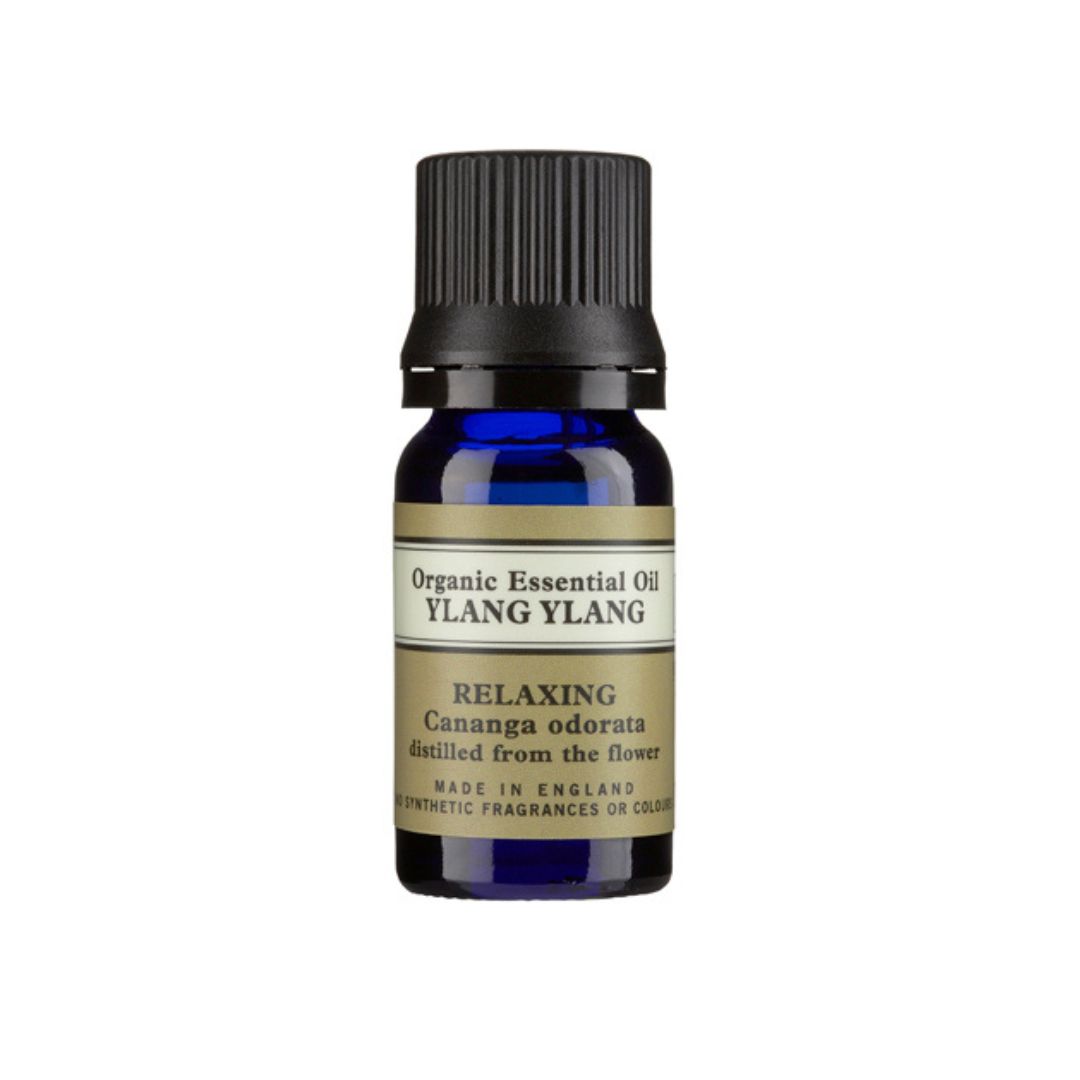
Recommended by? Tipper Lewis, naturopathic herbalist and head trainer at Neal's Yard Remedies.
Why it's a top pick: “This oil has soothing properties and can help to restore harmony. It’s best used if you’re looking for a natural way to chill out," explains Lewis.
Best for: Unwinding after a busy day.
Best Frankincense essential oil
Frankincense is "fresh and uplifting," shares Lewis. "Use it during meditation," she suggests, as it is "grounding and good for anxiety."
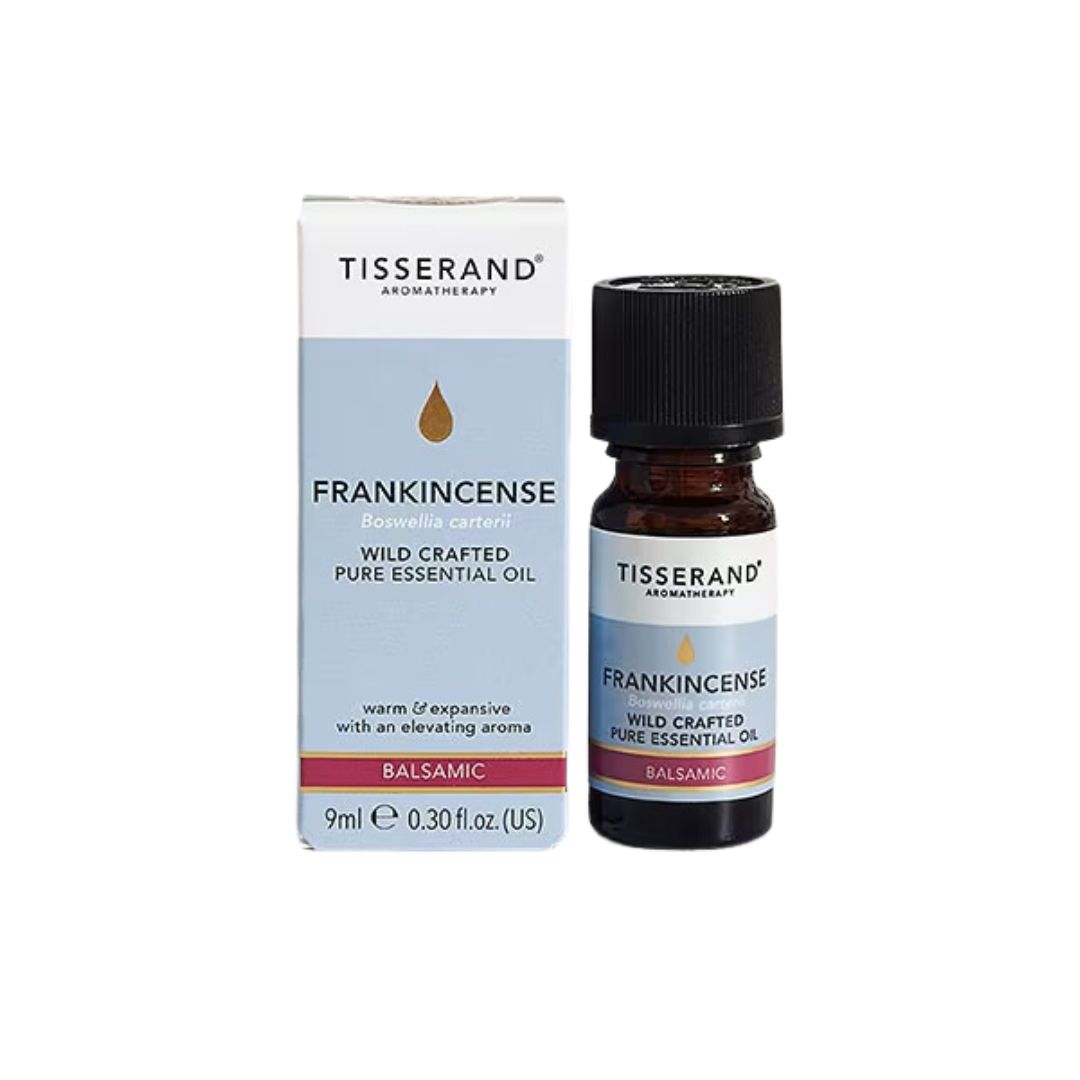
Recommended by? Simone Stevens, expert aromatherapist (MFHT CHNC registered).
Why it's a top pick: “Frankincense oil is both grounding and good for uneasy feelings. I recommend you use it during meditation as the fresh and uplifting scent will enhance your wellbeing," she shares.
Best for: Boosting your mood and easing anxious feelings.
Best clary sage essential oil
Fun fact for you: clary sage essential oil is known to be anti-spasmodic, in other words, it's thought to reduce the tension in your muscles. Great for helping you get a restful night’s sleep, a study published in the Journal of Ethnopharmacology also found that clary sage could have antidepressant properties.
Why? Simple - the oil is thought to help with the release of the feel-good hormone dopamine. “With naturally calming properties, this oil helps to prepare your body and mind for a more restful night’s sleep,” says Lewis.
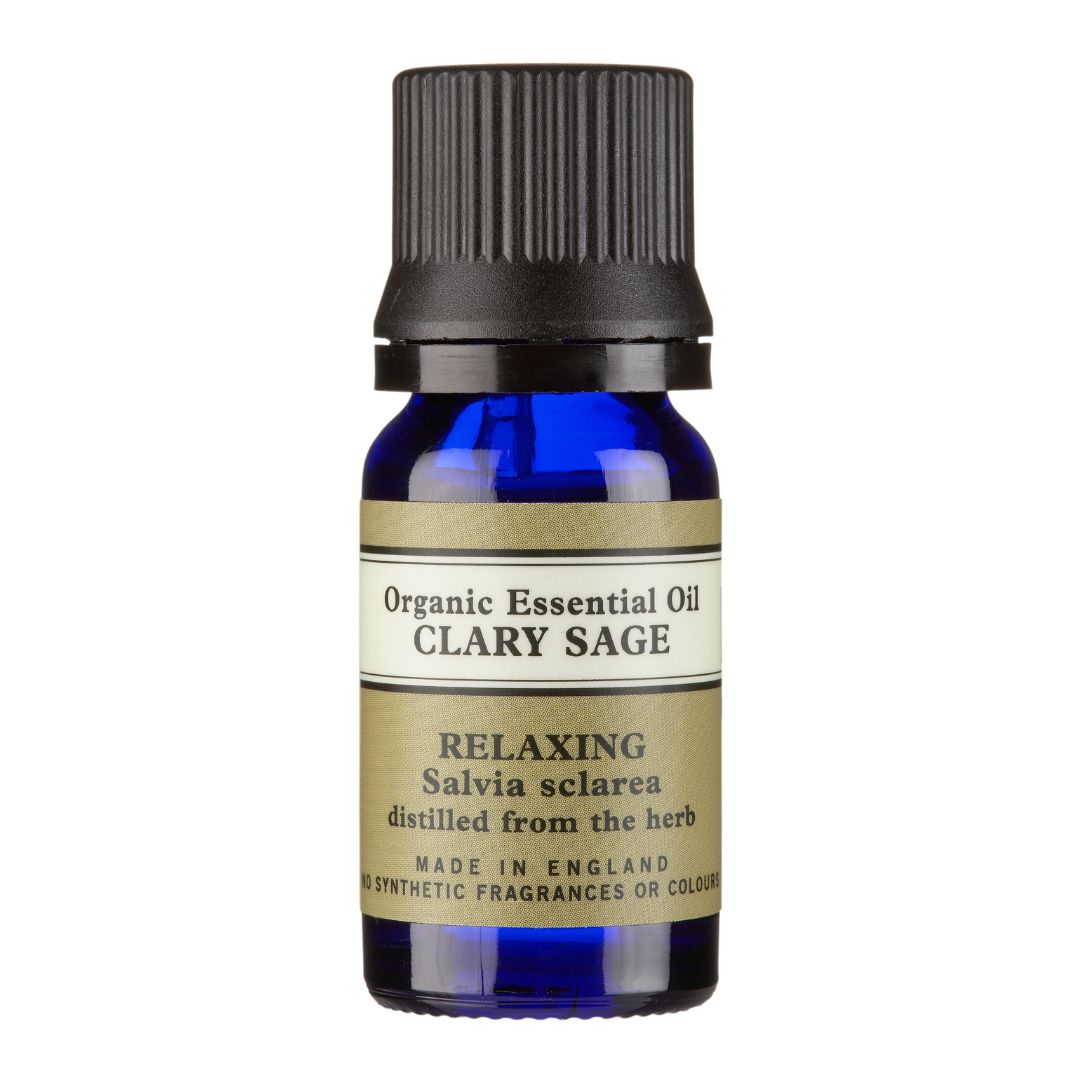
Recommended by: Tipper Lewis, naturopathic herbalist and head trainer at Neal's Yard Remedies.
Why it's a top pick: "Clary sage essential oil has sedative abilities that are thought to promote feelings of relaxation and calmness. It's also thought to stimulate libido in both men and women," Stevens explains.
Best for: Improving relaxation.
Best bergamot essential oil
If you’ve ever had a cup of Earl Grey tea, you’re already familiar with the soothing floral aroma of bergamot (also known as bitter orange).
A study published in the journal Physiology & Behavior found that patients who smelled orange oil while waiting for a dental procedure experienced reduced anxiety compared to those who listened to calming music and those who had no stimulation at all.
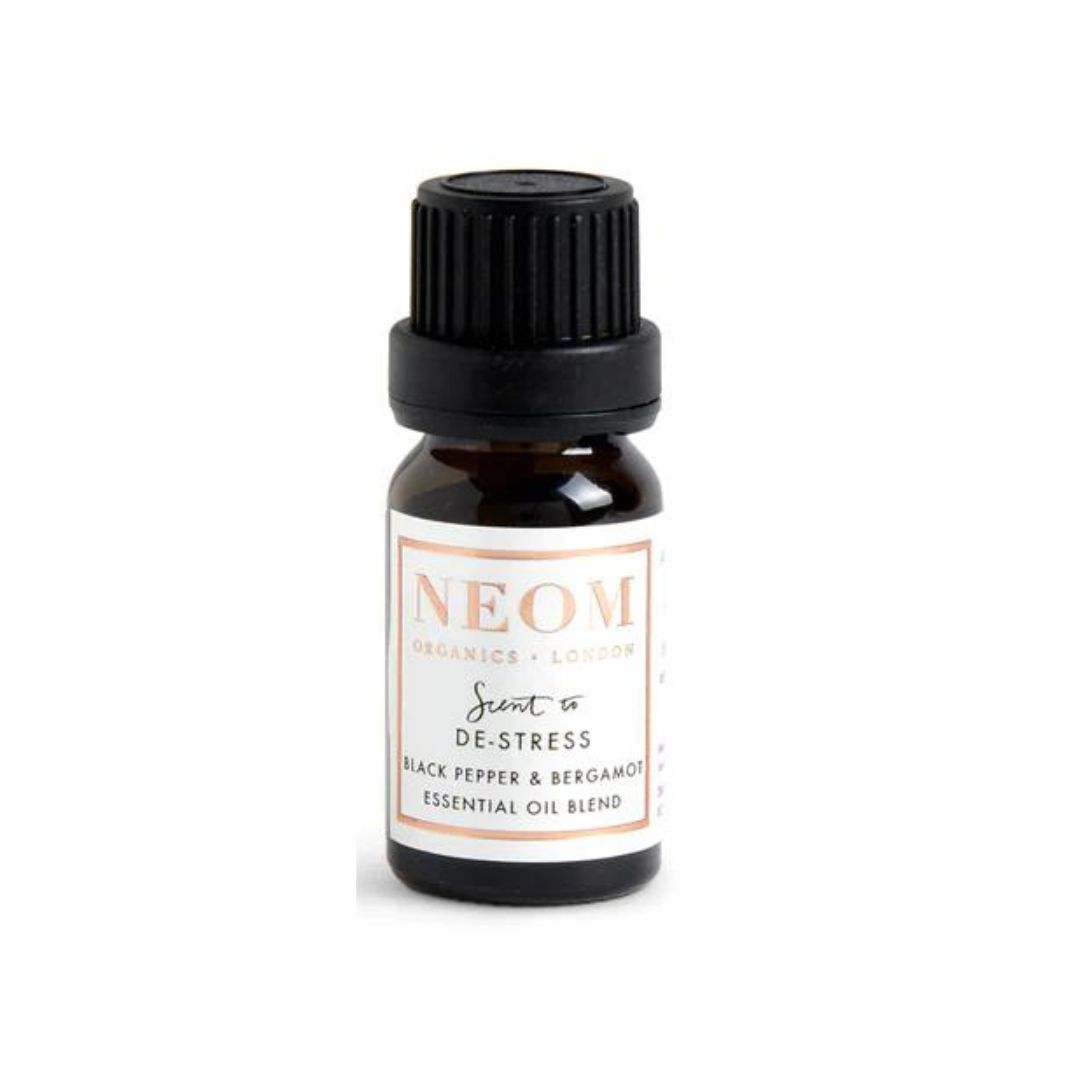
Recommended by: Simone Stevens, expert aromatherapist (MFHT CHNC registered).
Why it's a top pick: "Bergamot is an uplifting and fruity oil, expressed from the citrus fruit’s peel. It’s great for balancing your body, mind and emotions, and particularly useful if you’re feeling anxious," she shares.
Best for: Balancing mind and body.
Best lemongrass essential oil
"Lemongrass essential oil has a fresh scent which is often associated relaxation," shares Stevens.
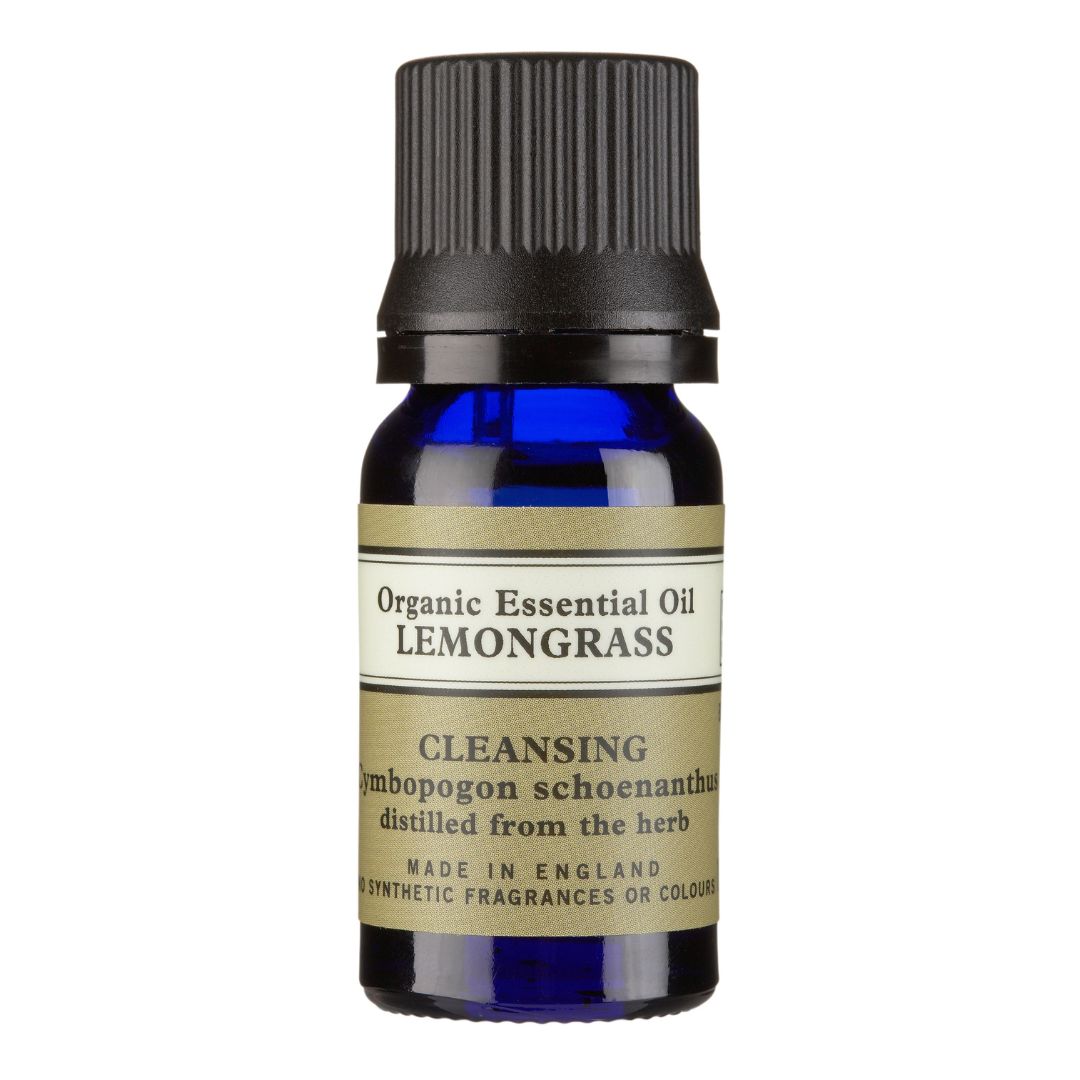
Recommended by: Tipper Lewis, naturopathic herbalist and head trainer at Neal's Yard Remedies.
Why it's a top pick: "This oil is particularly useful for easing weary muscles. Energising and zesty, lemongrass oil blends perfectly with ginger, thyme and peppermint,” Lewis tells us.
Best for: Easing tired muscles.
Best Cypress essential oil
"This oil has a woody scent and is really good for a sense of grounding and relaxing," details Stevens.
Best essential oil diffuser
Keen to put your essential oils to good use? Of course, you can dab on your wrists or pillow, but investing in a diffuser is an easy way to scent a whole space.
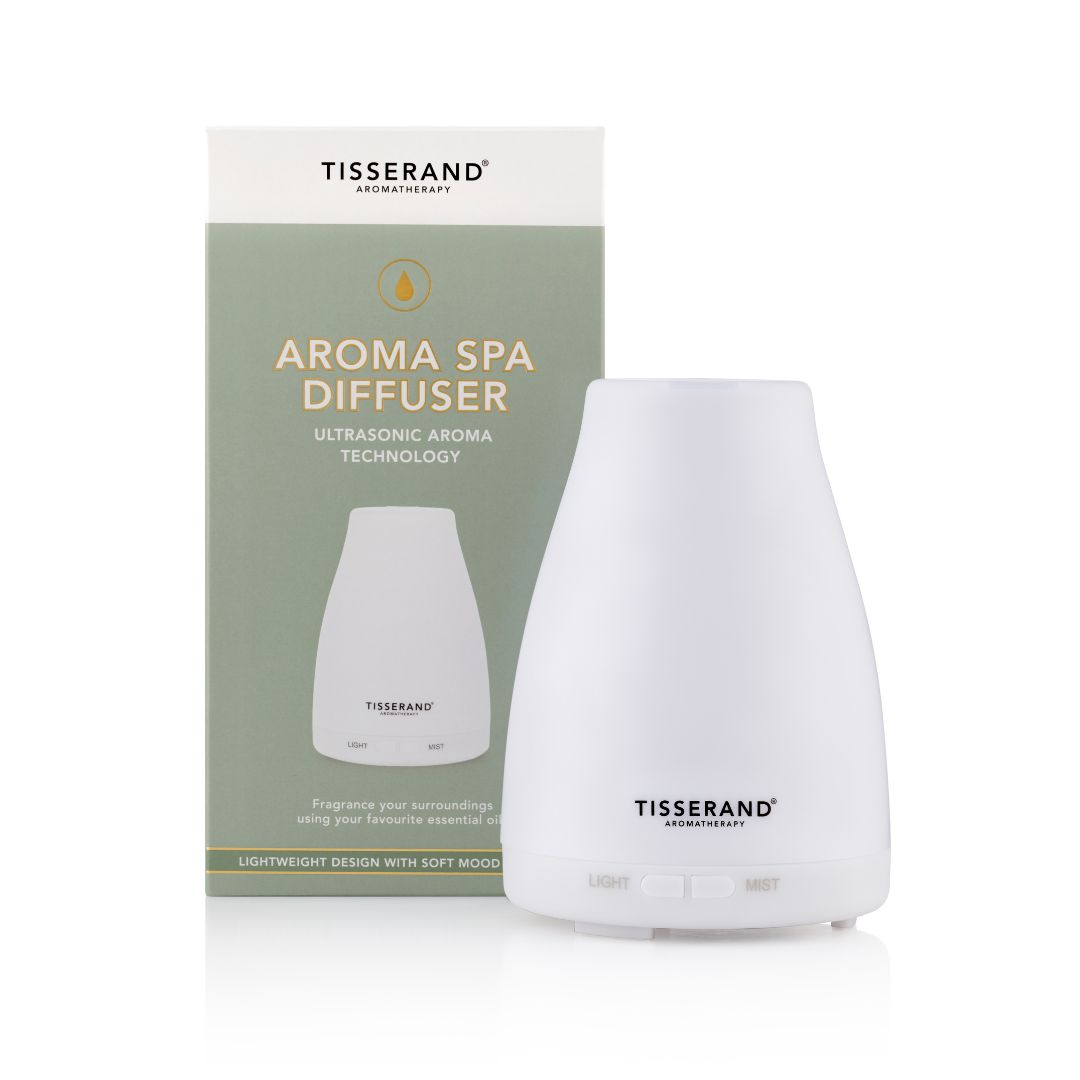
Recommended by: Simone Stevens, expert aromatherapist (MFHT CHNC registered).
Why it's a top pick: "This ultrasonic diffuser just needs water and a few drops of your chosen essential oil. Simply switch it on - the water molecules will start to vibrate at a specific frequency to create steam," she explains. "The essential oil is heated with the water and the steam breaks apart to release an ultra-fine, barely visible vapour. It has two options - the first, a cycle of 30 seconds on and 30 seconds off. The second option offers continuous diffusion."
Best for: Putting your essential oils to good use.
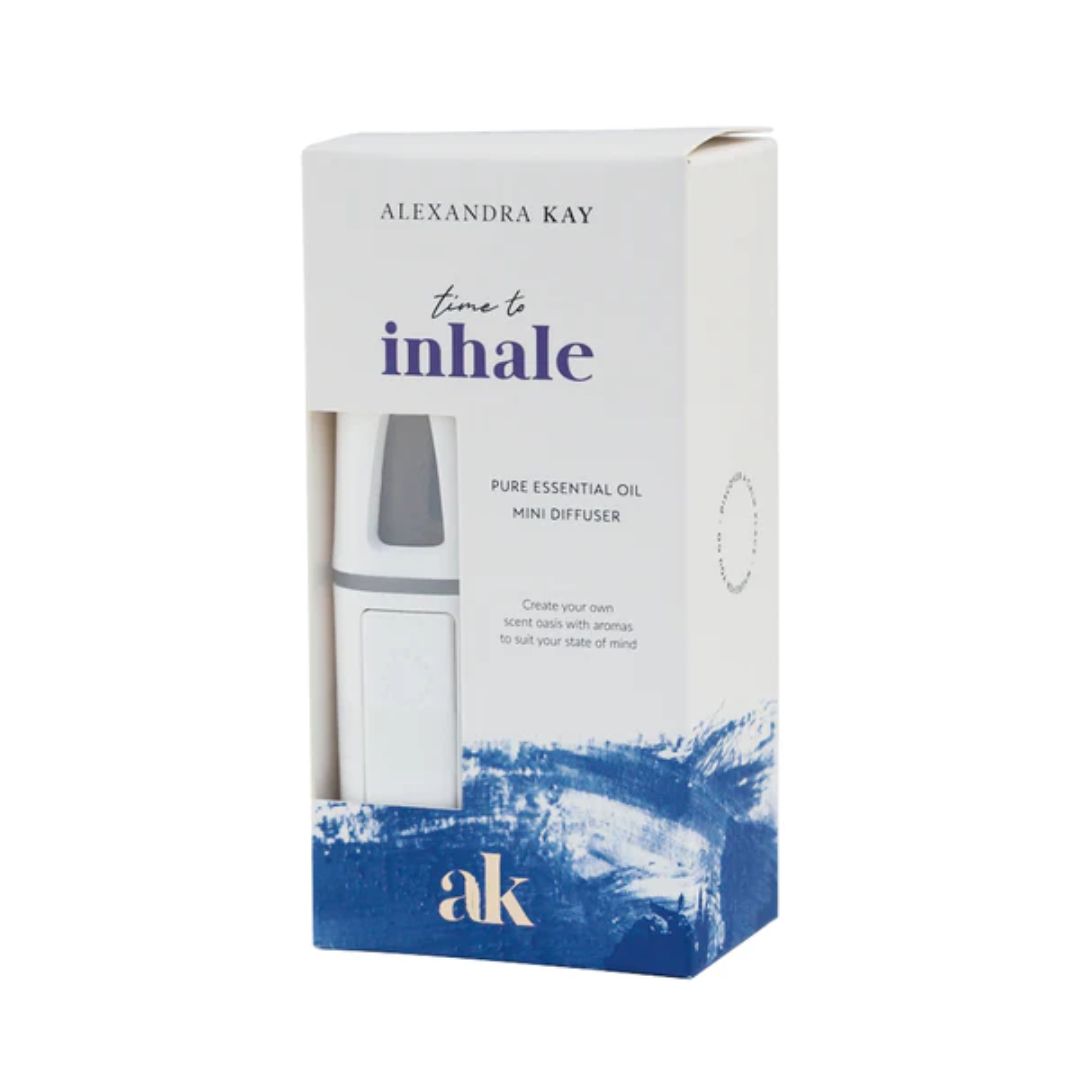
Recommended by: Charlotte Vøhtz, founder of Green People
Why it's a top pick: "Take a moment of "me-time" wherever you are with this handheld essential oil diffuser. Easily charged using a USB cable, it emits a fine fresh mist of oil blend at the touch of a button. Just add three drops of your favourite essential oil blend and top up with water."
Best for: Using your essential oils on the go.
Celebrity news, beauty, fashion advice, and fascinating features, delivered straight to your inbox!

Dionne Brighton is the Social Media Editor at Marie Claire UK. After writing about everything from nail trends to celebrity style moments for Marie Claire UK, Glamour UK and Woman & Home, she now leads the brand’s social strategy. Her work transforming Marie Claire UK’s social platforms earned her a BSME Talent Award nomination.
